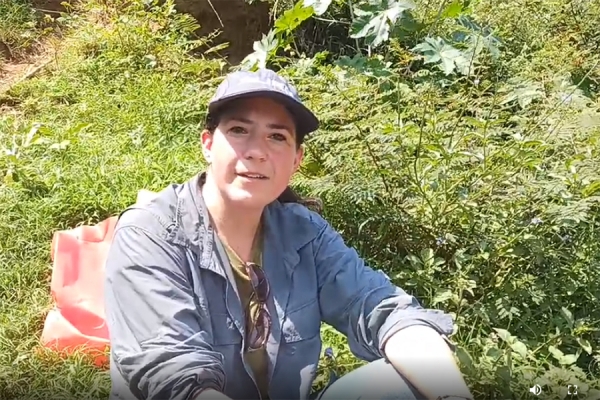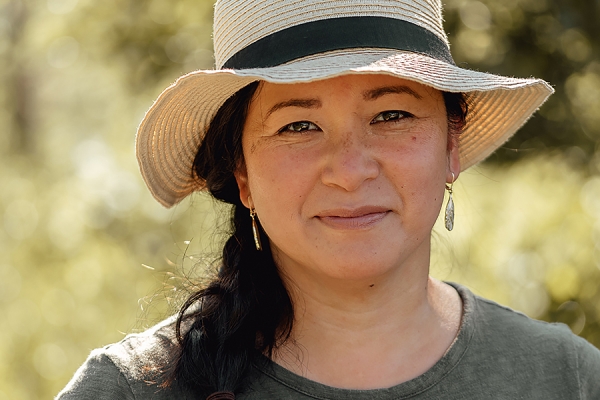 Kenyan fishers are hoping UWindsor scientists can improve environmental conditions that threaten the stock of Nile perch.
Kenyan fishers are hoping UWindsor scientists can improve environmental conditions that threaten the stock of Nile perch.
Kenyan fishers are hoping UWindsor scientists can improve environmental conditions that threaten the stock of Nile perch.









